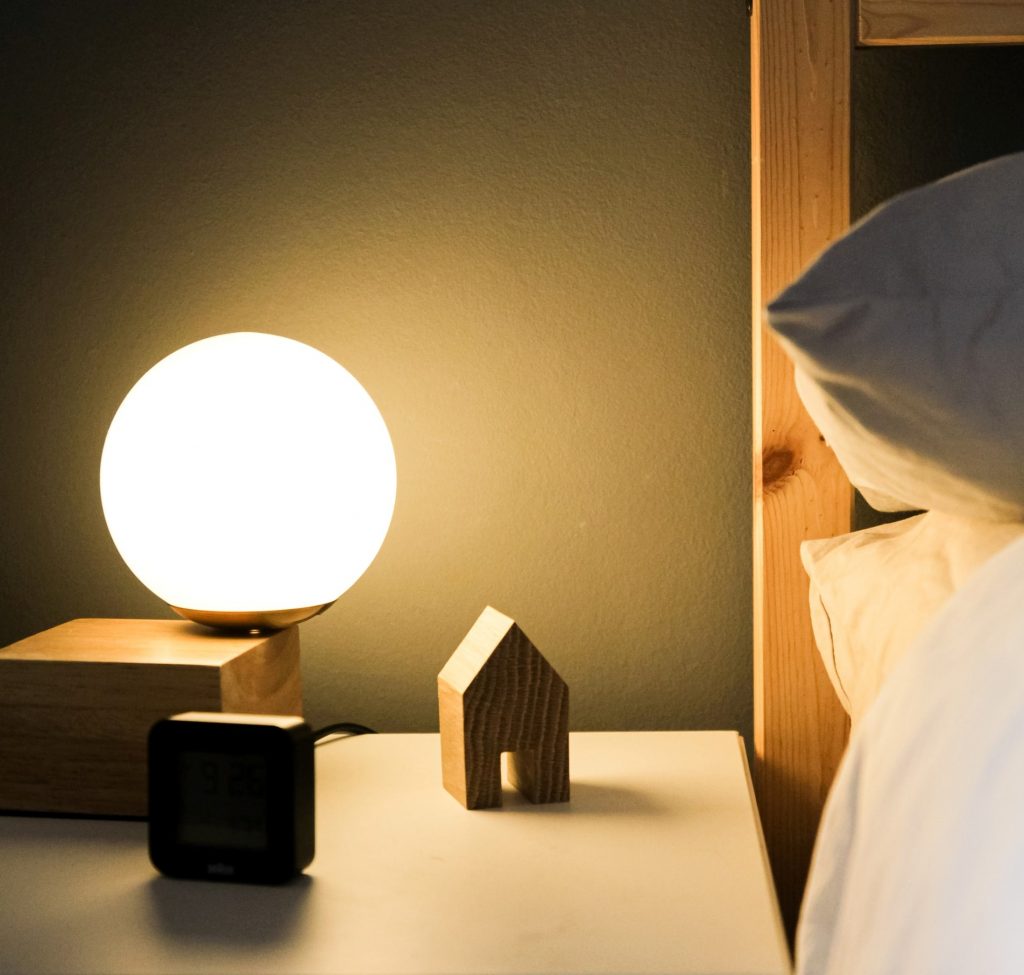WIMTACH and Noxware develop a flexible pressure sensor to monitor sleeping disorders

As populations continue to age, companies and government bodies will have to adjust some of their focus to meet growing demands from a new generation of aging adults. This includes the need to address poor sleep caused by pressure ulcers and other health complications. With a great understanding of the needs of aging populations, Noxware Limited, a Toronto based medical manufacturing company, has already taken an inventive approach to ensure that aging individuals are guaranteed good sleep no matter where they are. With the development of a sleep monitoring system, Founder and CEO, Omid Mokhtari, is on a mission to make good sleep accessible to everyone. “It’s a timely solution that we’re trying to provide,” he said. When Mokhtari set out to engineer a flexible pressure sensor for remote health monitoring to identify sleep disorders, he saw WIMTACH as a useful resource to achieve this goal.
The inspiration behind the sensor came from Mokhtari’s post-doctoral researching term in Japan. He initially had the idea of developing a wearable textile-based device to capture vital signs and health-based data of seniors while sleeping. Over time this idea evolved into a preliminary concept for an E-textile sensor used for beds. “A lot of people can use items that they can simply put on a bed without causing any discomfort,” he explained. WIMTACH helped Mokhtari to secure Tech-Access Canada (TAC) funding as well as with securing a student and a professor to outline the processes needed to turn this vision into a functional electronic sensor. “It was a good experience,” he said. “I really like what they do and the contribution WIMTACH has in the tech space.”
Noxware’s sheet-like flexible pressure sensor is made using a network of conductive materials to cover mattresses which detects and locates pressures. The monitoring system is composed of three parts, the sheet sensor, an electronic device that captures data collected from the sheet, along with a monitoring software. The WIMTACH research team was able to assist Mokhtari to develop an electronic device that can capture small amounts of resistance and changes across his E-textile fabric. “It was a win-win. So, the students get trained with an industrial project and … I could make my device,” he said. “With the help of students, we could manage to fabricate this device at WIMTACH.”
Through multiple prototypes and designs, the WIMTACH research team and Mokhtari were able to successfully develop the sensor. Mokhtari was able to steer the development of the project in weekly meetings to animate his ideas. He explained that he was pleased with the efforts of the Student Researchers who were involved in the project and their ability to design a novel electronic device to meet his company’s needs. “They were really really motivated students. They worked hard and I really enjoyed working with them,” he said. “What the students were doing was learning and designing at the same time for something which never existed before … so they actually designed something from scratch which was impressive,” he said.
The successful collaboration gave Noxware Limited a jumping start towards achieving substantial goals. WIMTACH has also been instrumental in helping Mokhtari to expand his network with other health organizations such as the Toronto Rehabilitation Institute. “WIMTACH opened a lot of doors for us,” said Mokhtari. “As a result we could get much more non-dilutive money from the government so I had a very strong support from [WIMTACH].”
Following the success of the partnership with WIMTACH, Mokhtari is pursuing another applied research project with the WIMTACH research team to further develop his sensor as he continues to meet the future demands of aging populations. “I am very optimistic about the future and the achievements we will have with WIMTACH,” he said. He will continue to meet the mission of providing an affordable and efficient solution to remote health monitoring for a large portion of the aging population. “We are hoping that in five years’ time, we can target the consumer market as well as the senior market for sleep monitoring and preventing pressure ulcers for a large population,” he said.
Since Mokhtari is so pleased with the benefits of the partnership with WIMTACH, he has been recommending the program to other companies in the Greater Toronto Area and plans to continue. “Absolutely,” he said. “I can’t recommend WIMTACH enough because it … makes your dream of making your product come true and with a strong [financial] support,” he said. He is especially pleased with the benefits and opportunities that are available for startup professionals who are still developing a concept for a project without materials like a proof of concept, prototype, or patent. “It’s a fantastic approach which I really recommend to people who want to have a new product,” he said. “For any start up in the technology-oriented space, definitely WIMTACH is a fantastic place to be, especially people who are at the idea stage … that’s why I really like WIMTACH.”
For more stories, please visit: https://wimtach.centennialcollege.ca/news/


0